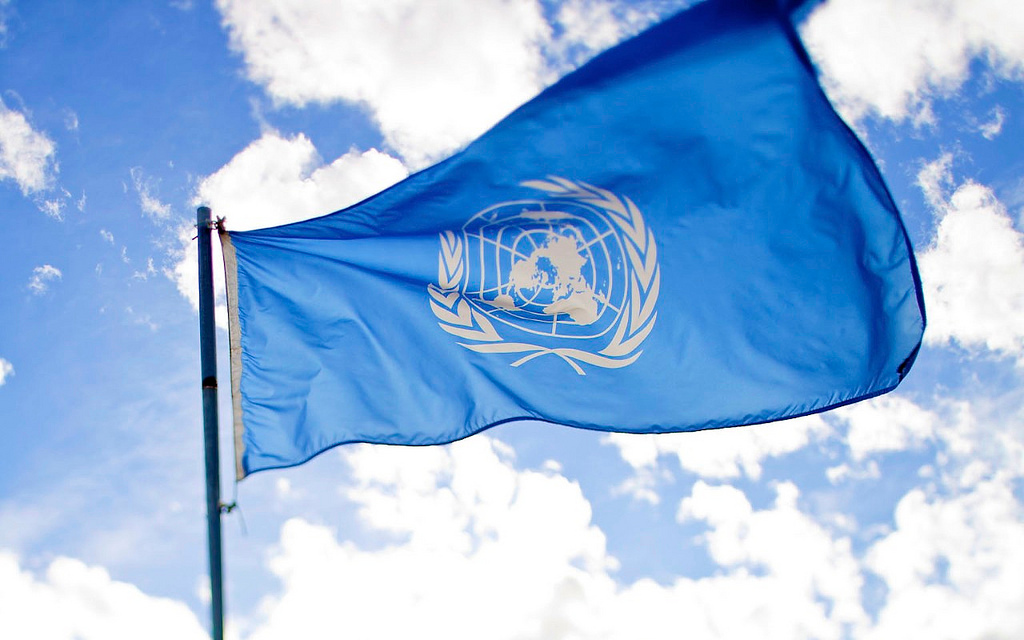On 5 November 2018, five UN rights experts published an allegation letter concerning the unfair mass trial of 138 Bahraini citizens for their alleged involvement in a terror cell, named the Zulfiqar Brigades by the government. In the letter, the experts, the Working Group on Arbitrary Detention, the Special Rapporteur on the independence of judges and lawyers, the Special Rapporteur on freedom of religion or belief, the Special Rapporteur on promoting and protecting human rights while countering terrorism, and the Special Rapporteur on torture, name 20 of the 138 individuals and they describe a pattern of abuse that includes arbitrary and warrantless arrests, enforced disappearance, religious discrimination, denial of access to legal counsel, and torture to coerce confessions, among other human rights violations.
As part of Americans for Democracy & Human Rights in Bahrain’s (ADHRB) regular practice of receiving information from Bahraini individuals and submitting complaints to the United Nations, the organization received information from, and consent to represent, 20 defendants in the Zulfiqar case. ADHRB welcomes the comments from the UN experts, and urges the Bahraini authorities to investigate the allegations of torture and ill treatment, and to annul their convictions in light of the serious fair trial rights violations.
On 15 May 2018, 115 individuals were convicted on charges of various terror-related offenses and of belonging to a terror group named the Zulfiqar Brigades, with only one defendant present at the Court’s ruling. The dates of arrest for the 20 individuals named in the UN Special Procedures’ allegation letter range from November 2015 to June 2018. At least 15 individuals were arrested without a warrant, with only one of the defendants represented by ADHRB stating definitively that a warrant was presented at the time of his arrest. The forces which arrested individuals remain unknown in some cases. The families reported the presence of officers from the Criminal Investigations Directorate (CID) in the Ministry of Interior (MoI), “riot police” and “commandos,” the National Security Agency (NSA), and unidentifiable forces in plain clothing and even masks.
At least 15 individuals were subjected to an enforced disappearance, with most disappeared for a period between two weeks and a month, during which time they report being transferred to multiple locations and tortured to extract confessions. All but three of the defendants represented by ADHRB reported that they had been tortured, and at least 13 of the defendants have indicated that they confessed as a result of torture, or were otherwise forced to sign a statement, the contents of which were unknown to them. Among those who were tortured are Ahmed AbdulHasan Husain, Ali Isa al-Tajer, Taha Sayed Shubar, Husain Mohsen Al-Meftah, Husain Abdulla Khalaf, AbdulElah Sayed Ahmed, and Husain Abdulla Mohamed.
The forces identified by the victims as perpetrating the torture are officers within the MoI (particularly officers from the CID), the NSA, the Bahraini National Guard, and Bahrain Defense Forces (BDF), though the Court records only include actions taken by the MoI. However, the government would necessarily hide NSA and BDF involvement in this case for several reasons: first, the NSA was not empowered to effect arrests or take part in investigations from 2012 to 2017, in accordance with recommendations from the Bahrain Independent Commission of Inquiry, which also found that the NSA was responsible in part for at least 19 civilian deaths. However, most of these arrests and interrogations took place between 2012 and 2017, which would make NSA involvement in violation of Bahraini law. Further, National Guard and BDF personnel participating in interrogations and torture is also significant, as this is the use of military personnel in civilian law enforcement and criminal matters outside of a time of declared emergency or martial law.
Victims reported the torture as taking place in the CID, Dry Dock Detention Center, Building 15 of Jau Prison (referred to as the “investigations building”), and at other unknown locations. Multiple individuals also reported insults of a sectarian nature, and reported that they were tortured in part because they are Shia. Further, some individuals reported being prevented from practicing and observing Shia religious traditions during their detention.
“The Zulfiqar Brigade case shows some of the worst practices we have seen by the Bahraini government,” said Husain Abdulla, Executive Director of ADHRB. “The case is unique in both size and scope, and due to the number of defendants who reported torture and abuse, we are able to get a clearer picture of the justice system in Bahrain. What we see is a government that hides behind the rhetoric of counter-terrorism to violate human rights on a massive scale. With this letter, the UN experts can show the international community the scope of Bahrain’s violations and let Bahrain know the international community is aware of, and paying attention to, its abuses.”
ADHRB echoes the concerns of the UN experts, and urges Bahrain to fulfill its domestic and international human rights obligations, by releasing these individuals, annulling their convictions, and ensuring that any future criminal charges brought against them are in accordance with international fair trial rights. This would entail the exclusion of all evidence and statements obtained through torture, unfettered access to legal counsel, and the ability for defendants to call witnesses in their defense. ADHRB further urges the Bahraini government to investigate all claims of torture in detention and interrogation, and to hold the perpetrators accountable.





